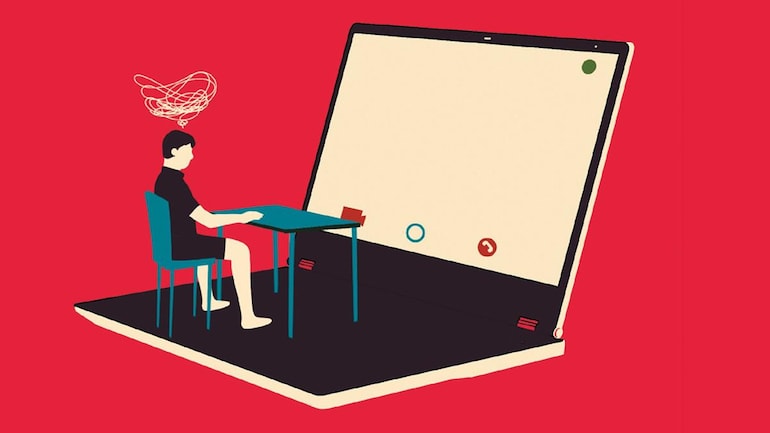Virtual alcohol and drug evaluation is done to treat addiction of various substances like heroin, marijuana, cocaine, etc.
Purpose of online alcohol and drug evaluation
The assessment is important to understand the mental thought process behind the consumption. For example, there was a hike in addiction cases because of the increased levels of stress among some people.
These days, even courts accept the final report of virtual alcohol and drug evaluation along with other major documents.
Whereas some counselors can charge very high prices, The American Alternative Court Services charge very reasonable prices from the patients. You just need to pay $100 as regular price and $89 on pre-payment. Isn’t it a nominal price for having a great life?
When things get out of control and you feel like slave to addiction, getting help from the team of expert counselors and doctors can be a great idea. AACS has verified and licensed professionals who guide the patient in friendly manner. Don’t wait more and fill the sign up form for personalized online alcohol and drug evaluation. If you know someone facing an addiction problem, then refer the assessment to him or her for betterment of the society.







